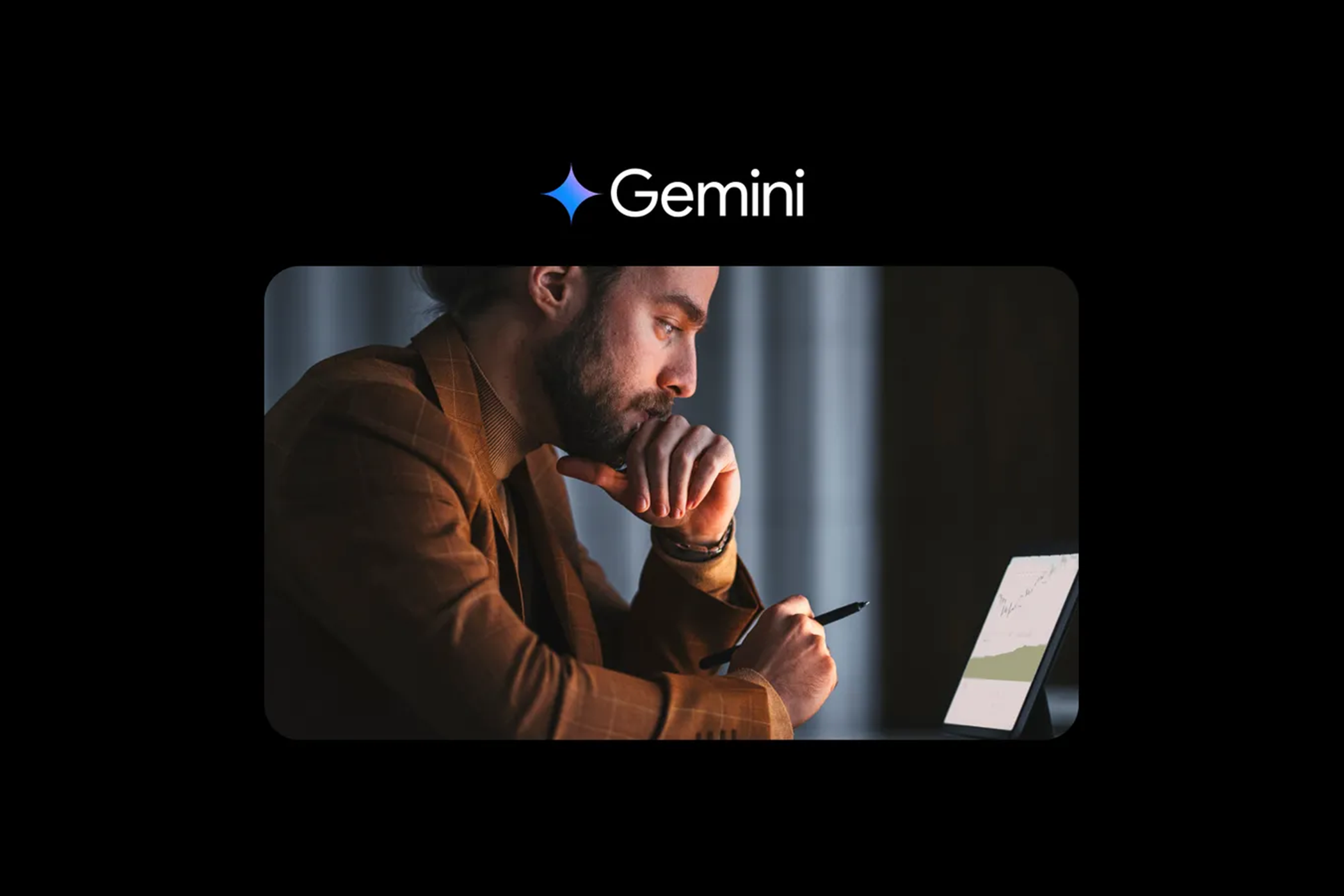A new day means a new update to Gemini, Google’s fashionable AI-powered assistant. This time, the company is rolling out another efficiency-focused update, including a tool that will translate complex research into a digestible report.
Most of us are used to asking casual questions to virtual assistants, such as a request for a vegetarian taco recipe or curiosity about how fast polar bears can swim. Sure, these basic chats can save you a bit of parsing through search results, but Google is taking Gemini’s time-saving potential to a new level with a feature called Deep Research, intended for more complex queries.
Google’s latest update will offer Deep Research to those who pay for Gemini Advanced. The tool promises to save you “hours of research and cross-referencing a sea of open tabs,” as put by Google in The Keyword. In just a few minutes, Gemini can turn a multifaceted research question into a detailed report of findings, citing its sources along the way.
Gemini will also give you the option to export its response into a Google Doc.
Making Up for Lost Time
While Gemini will include original sources with this new tool, allowing you to check its work for potential misinterpretations or hallucinations, this seems to confront Google’s promise of saved time. At this stage of artificial intelligence, most people don’t take AI-fueled data at face value.
This is often at the request of the company behind the model, with chat windows still bearing disclaimers that recommend for you to “double-check” its work. Accordingly, fact-checking AI-generated information is one of the most important tips students should consider when using AI tools.
In the case of Deep Research, Google seems to quell this fear by claiming that you’ll have oversight through the process:
“Under your supervision, Deep Research does the hard work for you. After you enter your question, it creates a multi-step research plan for you to either revise or approve. Once you approve, it begins deeply analyzing relevant information from across the web on your behalf.”
Still, approval of a research plan doesn’t mean the data that comes back is necessarily accurate.
Flash Bonus
In case you’re not convinced of the Deep Research feature’s true efficiency, you might also check out Gemini 2.0 Flash Experimental. Announced alongside the update, this early version of Google’s next Gemini model will reportedly demonstrate better response speeds.
At the time of writing, the experimental model is only available on a desktop or mobile browser, and is not yet available on the mobile app.
Inevitably, there will be good and bad with the evolution of AI assistants, and features like Deep Research will likely have a bit of both. As a writer, I can empathize with the challenge of starting something, be it a research paper, an article, or a script. Sometimes, a bit of structure actually does save hours of writer’s block. However, while a tool like Deep Research could save you from doing the heavy lifting, bad research could cost you more time (and potentially serious issues) in the long run.
